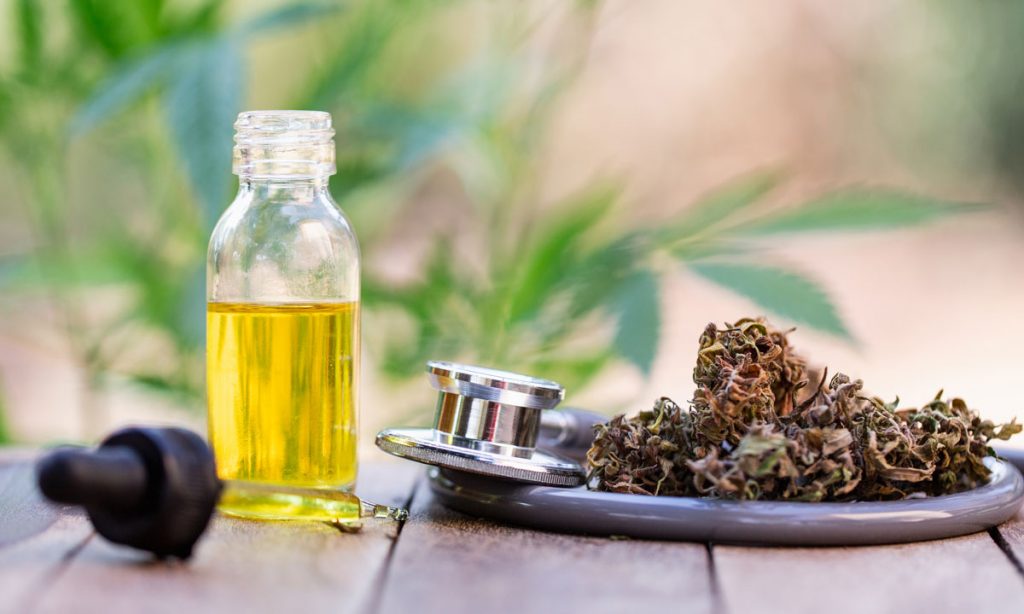You’re probably familiar with sunflower seeds, chia seeds, and even pumpkin seeds. But hemp plants also produce edible seeds that can be used in a variety of ways — and the seeds happen to be nutrient powerhouses. Here’s the scoop on hemp seed benefits, as well as ways to incorporate the seeds into meals and snacks. Image credit: Canvast Supply Co./Unsplash
Hemp seed nutrition
Hemp seeds are loaded with nutrients. A 3-tablespoon portion provides 166 calories with almost 10 grams of protein, 14 grams of anti-inflammatory fat, and just 2.5 grams of carb with 1 gram as fibre. Hemp seeds are also packed with key vitamins and minerals, including 100% of the daily value (DV) for manganese, a nutrient needed to maintain strong bones and produce collagen for healthy skin and joints.
With that portion of hemp seeds, you’ll also take in 25% of the DV for zinc, which supports immune function, and 10%-25% of the recommended intake for key energy-supporting B vitamins. Hemp seeds are also rich in a variety of antioxidants and protective bioactive compounds, according to a 2020 review published in the journal Nutrients.
Hemp seeds are also high in magnesium, a mineral that supports learning, memory, mood, and healthy sleep. For example, Organic Hulled Hemp Seeds from 365 by Whole Foods provides 45% of the daily need for magnesium in a 3-tablespoon serving. That magnesium content might be especially good news for athletes, who’ve shown to have improved strength, oxygen uptake, energy production, and electrolyte balance with a higher magnesium intake.
Ways to eat hemp seeds
Hemp seeds, which may also be labelled as “hemp hearts” (aka, hulled hemp seeds), have a subtle nutty flavour and crunchy texture. They can be eaten as is or incorporated into a variety of dishes. At breakfast, blend them into smoothies or sprinkle onto cereal, oatmeal, overnight oats, açaí bowls, yoghurt, fresh fruit, or avocado. Add hemp seeds to homemade energy balls, salads, hummus, cooked veggies, falafel, and slaw, or enjoy them as a garnish on nearly any dish, from soup to stir frys. Hemp seeds can also be incorporated into pancakes, as well as baked goods like bread, cookies, and muffins.







